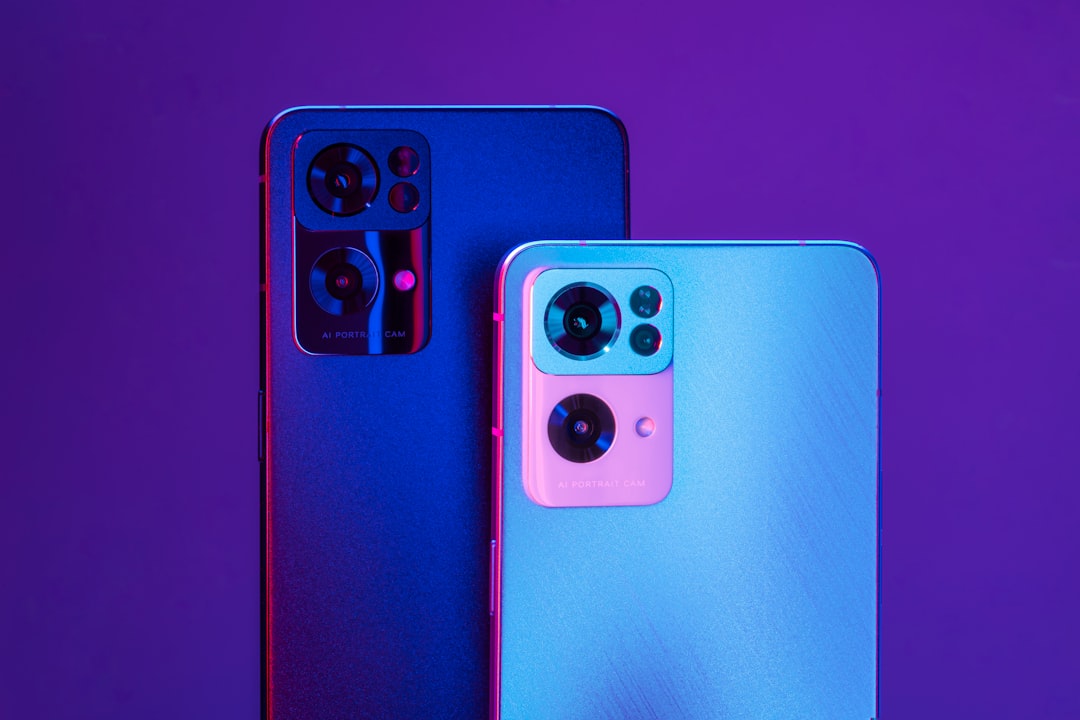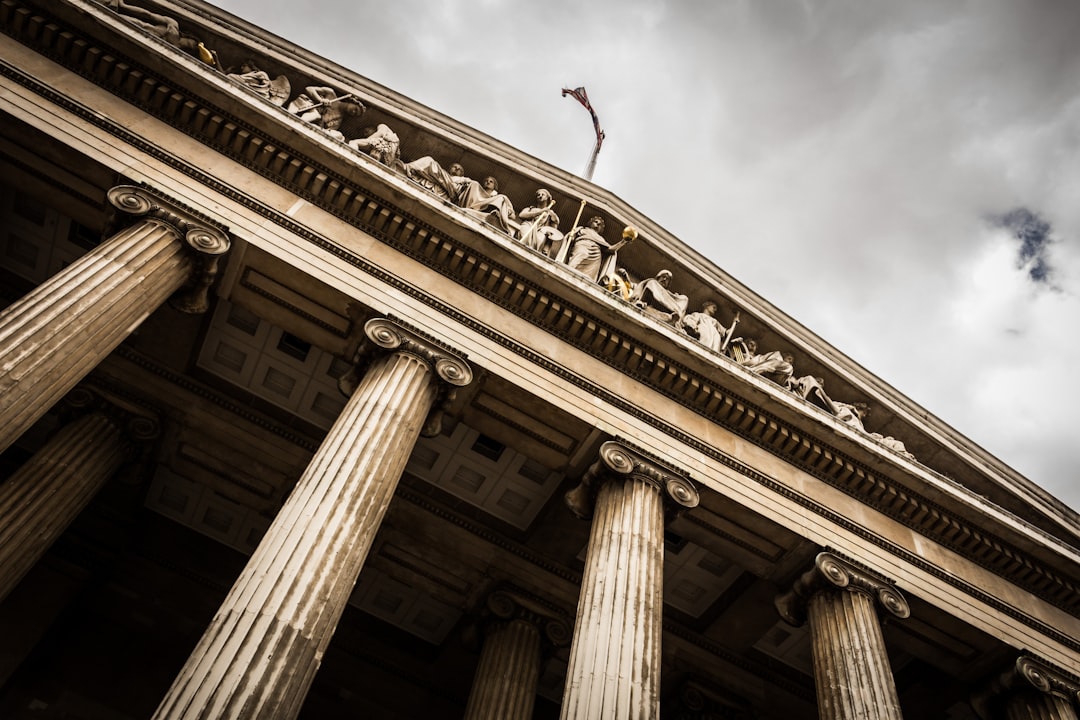Call pattern analysis is a powerful tool used by lawyers specializing in Virginia's No Call Laws to monitor and investigate unauthorized marketing calls, ensuring compliance and client privacy. Traditional methods pose privacy risks, but Grottoes, a novel approach using advanced cryptographic techniques, offers a secure solution for anomaly detection without compromising confidentiality. This revolutionary method involves encrypting call records, training machine learning models on anonymized data, and conducting regular audits to maintain accuracy while adhering to strict legal standards, including consultation with a lawyer for No Call Laws Virginia.
In today’s digital age, call pattern analysis plays a pivotal role in legal investigations. However, the need for privacy-preserving anomaly detection is paramount, especially considering stringent regulations like Virginia’s No Call laws. This article explores Grottoes, a groundbreaking strategy that revolutionizes secure data analysis while adhering to these legal constraints. We’ll delve into the intricacies of call pattern analysis, the necessity for privacy, and provide a practical guide on implementing a Grottoes-based approach, ensuring compliance with Virginia’s No Call Laws through robust best practices.
Understanding Call Pattern Analysis and Anomaly Detection

Call pattern analysis involves scrutinizing telephone call data to identify trends, behaviors, and anomalies. This process is crucial in various sectors, including telecommunications, customer service, and security. By understanding typical call patterns, organizations can quickly detect deviations that might indicate fraudulent activities or security breaches. Anomaly detection, a subset of this analysis, focuses on identifying unusual events or outliers within the data, which could signal potential issues such as spam calls or unauthorized access.
In the context of No Call Laws in Virginia, call pattern analysis and anomaly detection play a significant role in ensuring compliance. Lawyers specializing in these laws use such techniques to monitor and investigate unauthorized marketing calls, helping clients protect their rights and avoid legal repercussions. This strategy enables businesses to maintain ethical practices while also providing insights into consumer preferences and behaviors.
The Need for Privacy-Preserving Techniques in Legal Contexts

In legal contexts, particularly within states like Virginia with strict No Call Laws, the need for privacy-preserving techniques in anomaly detection is paramount. Traditional methods of analyzing call patterns can compromise sensitive information, posing significant risks to individuals’ privacy. Lawyers and legal professionals must ensure that any data collection and analysis adhere to stringent regulations, such as those enforced by the No Call Laws. This necessitates innovative strategies that can identify anomalies in call data without compromising the confidentiality of personal communications.
Grottoes, a novel approach focused on privacy-preserving anomaly detection, offers a promising solution. By employing advanced cryptographic techniques and data obfuscation methods, Grottoes enables thorough analysis while maintaining the integrity and privacy of user information. This is especially crucial for call pattern analysis, where deviations from typical behavior could indicate potential legal violations or fraudulent activities, warranting further investigation by legal experts, including No Call Law compliance officers in Virginia.
Grottoes: A Novel Approach to Secure Data Analysis

Grottoes presents a novel and innovative strategy for implementing privacy-preserving anomaly detection in call pattern analysis, offering a secure data analysis approach that safeguards sensitive information. Unlike traditional methods that expose raw data, Grottoes employs advanced cryptographic techniques to transform and protect user call records before they are analyzed. This process ensures that even if the encrypted data is accessed or intercepted, the original content remains unreadable without the decryption keys.
By implementing this strategy, users can maintain their privacy while leveraging the power of anomaly detection in legal contexts, such as complying with No Call Laws in Virginia. Lawyers and legal professionals can benefit from these insights to identify and address unauthorized calls, ensuring they stay within regulatory limits. This approach not only enhances data security but also enables more effective and targeted call pattern analysis without compromising client or user privacy.
Implementing the Strategy: Steps and Best Practices for Compliance with No Call Laws in Virginia

Implementing the Grottoes strategy for privacy-preserving anomaly detection in call pattern analysis is a multi-step process that requires meticulous attention to detail, especially when navigating Virginia’s stringent No Call Laws. It begins with data anonymization techniques to mask sensitive caller and callee information, ensuring no personally identifiable data is exposed during analysis. Next, advanced machine learning models are trained on this anonymized data to detect patterns indicative of potential anomalies, such as spam calls or fraudulent activities.
Best practices include regular audits to verify the effectiveness of anonymization methods, staying updated with industry standards for data privacy, and engaging a lawyer for No Call Laws Virginia to ensure compliance throughout the implementation process. Additionally, integrating feedback loops allows for continuous improvement in anomaly detection accuracy while maintaining strict adherence to legal requirements.






